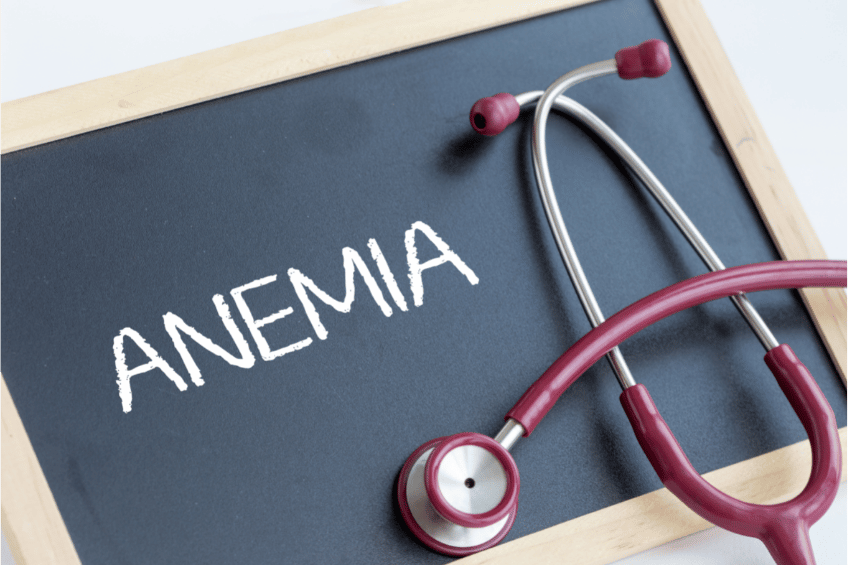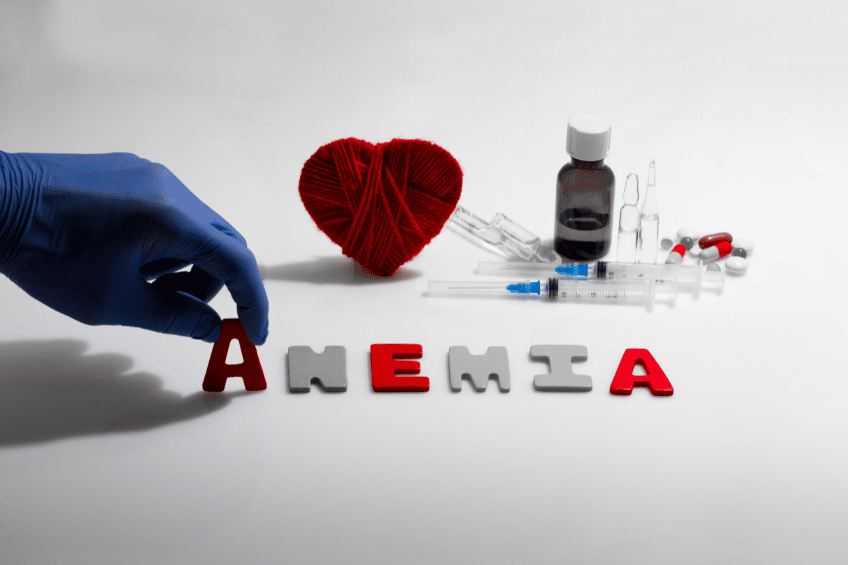What is anemia? Understanding symptoms, causes, diagnostics, treatment and management.
Anemia happens when your body does not have enough red blood cells (erythrocytes) or hemoglobin. It is the most common blood condition and affects one in four people in the world.
Erythrocytes transport oxygen to your organs and tissues. Hemoglobin protein bounds with oxygen molecules and carries them through your body. Oxygen plays a key role in metabolism as it helps cells get energy from food. If there is little oxygen, your organs simply do not have enough strength to work properly.
Anemia can be revealed by having a complete blood count, you can notice it by a reduced level of hemoglobin (a key protein that is part of red blood cells) in your test results. Children, women (especially pregnant women) and the elderly suffer the most from anemia. But young men are also not immune from it and the serious problems associated with it.

You may receive a decreased number of erythrocytes in your blood test if:
- your diet is lacking in vitamin B12, iron and folate;
- your kidneys don`t make enough erythropoietin hormone which stimulates the production of red blood cells;
- you have hypothyroidism;
- you have aplastic anemia. It is an autoimmune disease in which the bone marrow stops producing enough blood cells.
Luckily, iron deficiency is the reason for almost half of all cases of anemia and is usually diet-related. In this case, all you have to do is make some diet alterations and take iron supplements. However, sometimes the body produces enough red blood cells, but for some reason they are destroyed faster than usual.
